India's hijab row spreads to its most populous state
A row in India over the wearing of Islamic headscarves at schools and colleges has now reached the country’s most populous state of Uttar Pradesh.
Mukesh Bharadwaj, the chief proctor of the Dharma Samaj College in Aligarh district, said on Tuesday that a group of more than two dozen young men had handed a memorandum seeking a complete ban on the hijab within its compound.
Bharadwaj said they had saffron shawls around their necks, typically worn by Hindu nationalists and supporters of the ruling party.
He said the religious garb was currently not allowed in classrooms but could be worn elsewhere on campus.
"Two years ago, the same issue was raised and it has been raised again. We do not allow any type of religious uniform and we have a civil code of uniform for everyone," Bharadwaj said. "There is a changing room for girls and they can change their dress there before attending class," he said. "We are investigating the matter."
Uttar Pradesh, in the country's north and bordering New Delhi, is ruled by a Hindu monk from Indian Prime Minister Narendra Modi’s right-wing Bharatiya Janata Party (BJP). The renewed tensions come as the state is in the midst of a multi-phase election that ends next month. Disputes with Muslims are often used for political gains in the state.
The row began last week when several schools in the southern state of Karnataka denied entry to female Muslim students wearing hijab, citing an Education Ministry order.
The Karnataka High Court, in an interim order, has restrained all students, regardless of their religion or faith, from wearing saffron shawls, scarfs, hijab, religious flags, or the like inside classrooms.
Female Muslim students say wearing hijab is a fundamental right to religion guaranteed by the constitution.
Anger over the ban on hijab in Indian schools has been gaining momentum. Campuses have seen escalating tensions and confrontations over the past few days. Police arrested dozens of student activists after protests erupted on Thursday in New Delhi, challenging the government's ban on wearing hijab in colleges.
The hijab ban has galvanized public sentiments, with people of all faiths questioning religious freedom and equality in one of the world’s most diversified countries. It has also stoked fears among the Muslim community about increasing persecution under the Hindu-nationalist government.
Opposition parties accuse the BJP government at federal and state levels of discriminating against religious minorities. Critics say Modi’s election in 2014 emboldened hardline extremist groups that view India as a "Hindu nation" and consider its 200-million-strong Muslim minority as a foreign threat.
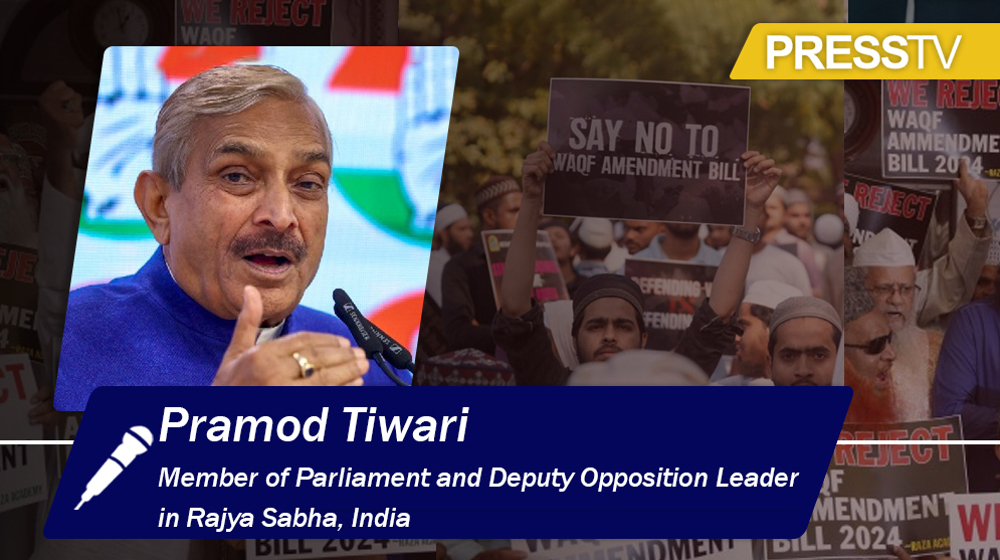
Waqf Bill not just an attack on Indian Muslims but on India’s constitutional fabric: MP
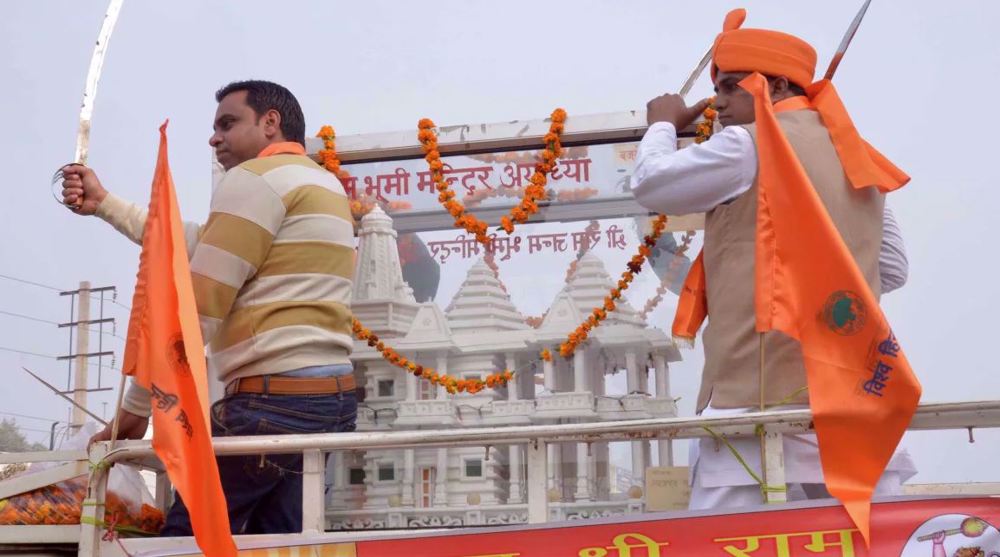
Bill to seize mosques in India gains presidential assent
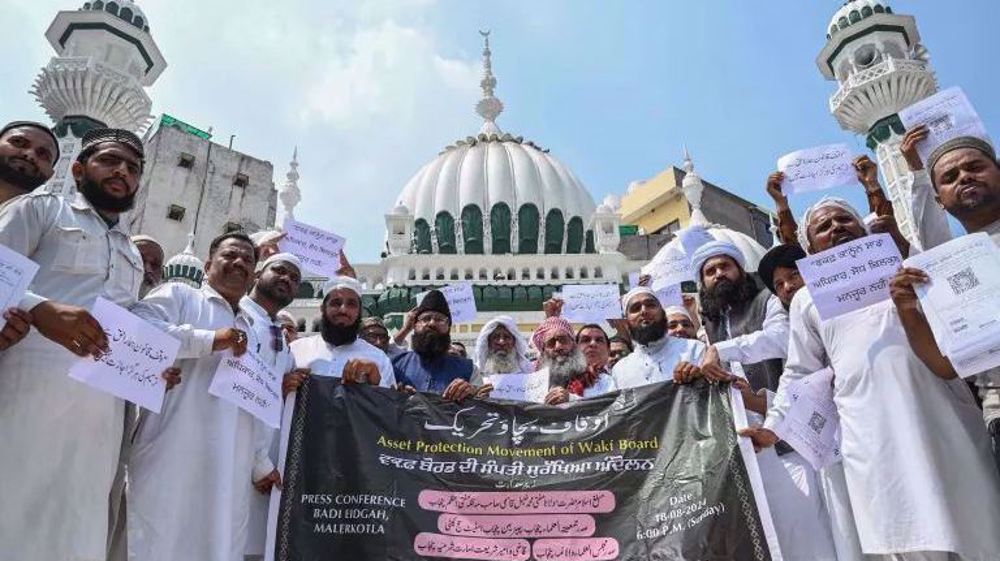
Indian parliament passes bill seen as step to seizure of mosques
Israeli military claims Gaza medics were not 'executed'
Iran to expand off-grid solar to all government buildings
VIDEO | A heart silenced by fear: Palestinian nurse dies at Israeli checkpoint
American who assaulted pro-Palestinian students at UCLA joins Israeli military: Report
Over 90,000 displaced Palestinians sheltering in 115 UN-run facilities across Gaza: UNRWA
VIDEO | Press TV's news headlines
Iran expects major drop in domestic wheat yields
VIDEO | Protesters in Seoul slam Gaza genocide, US crackdown on pro-Palestine students


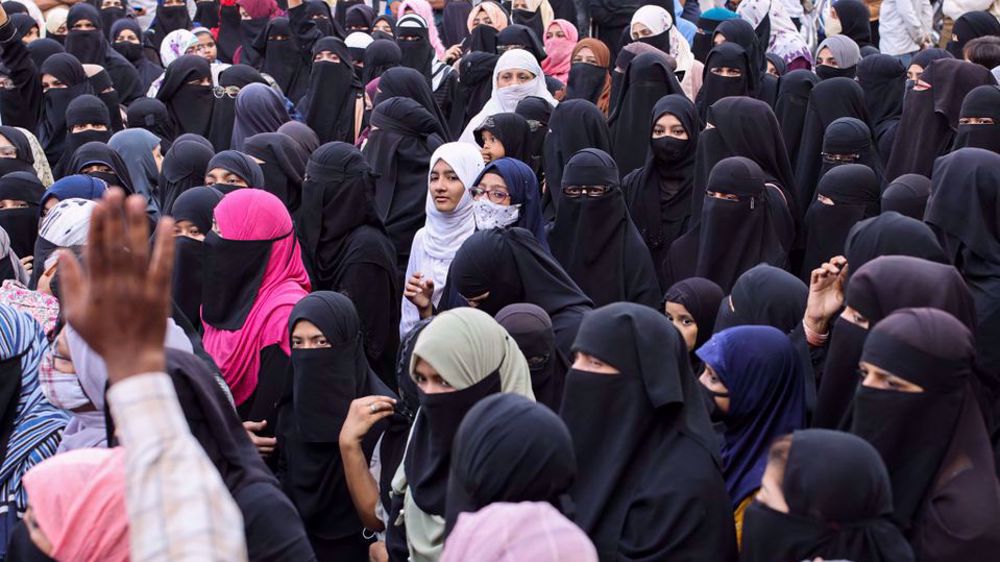
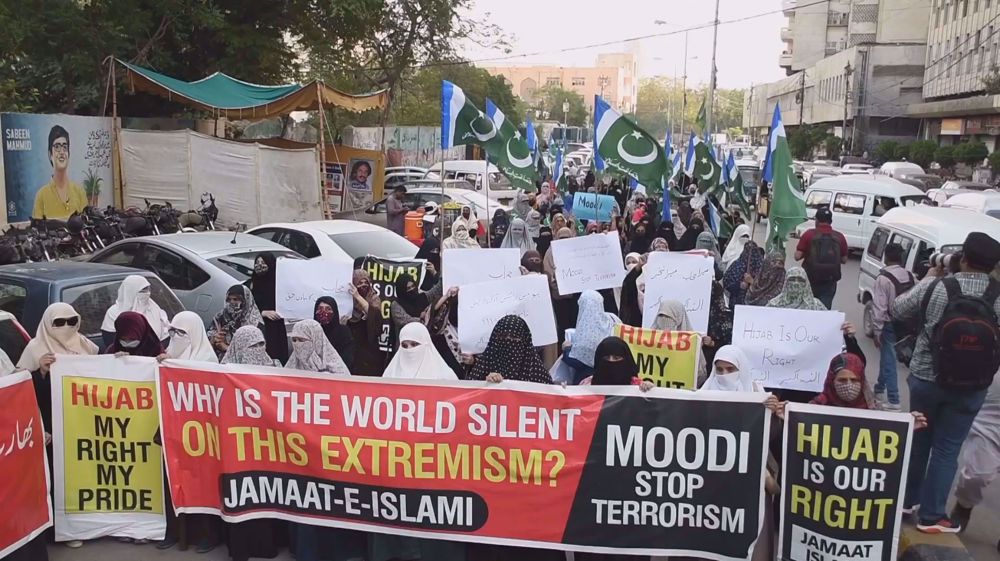



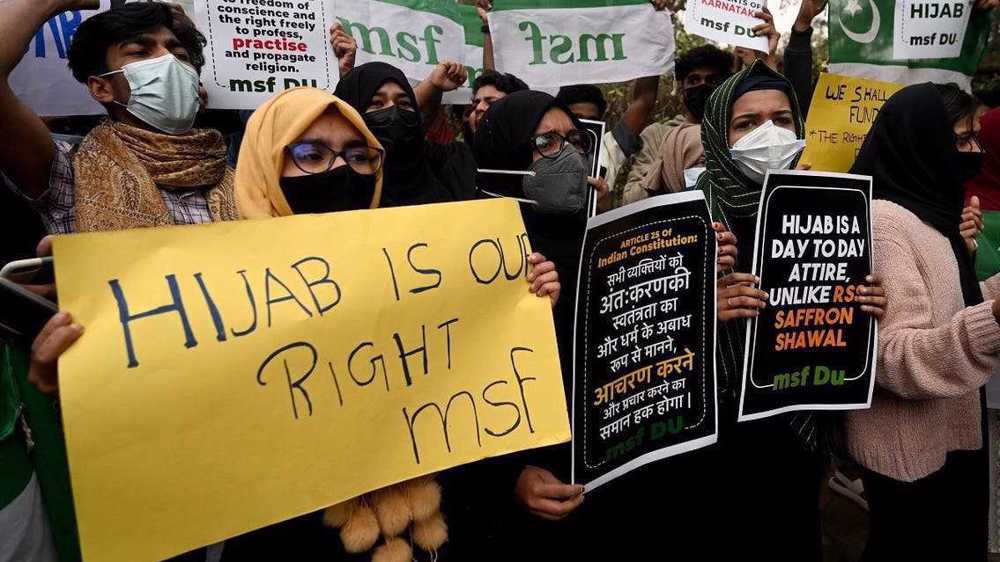
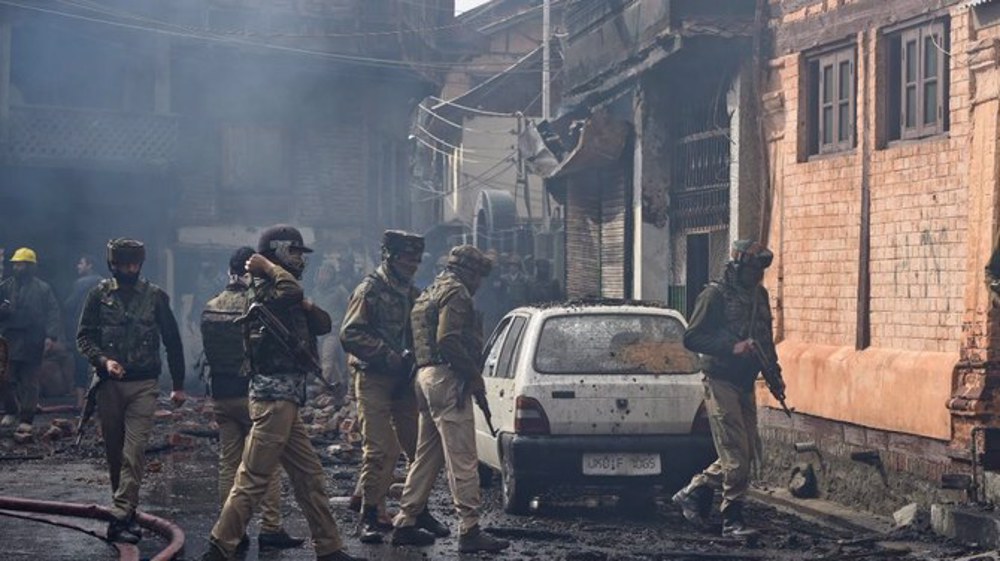

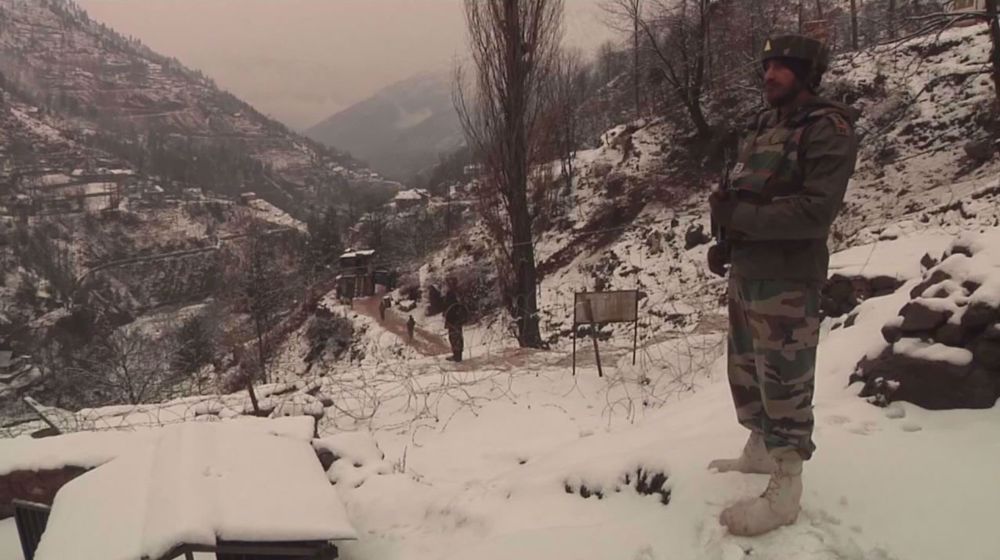

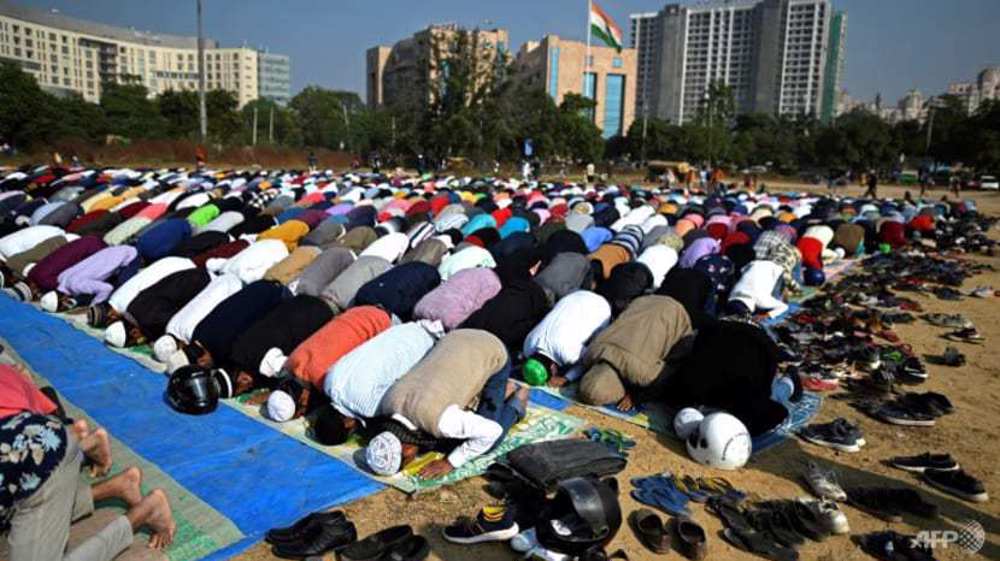
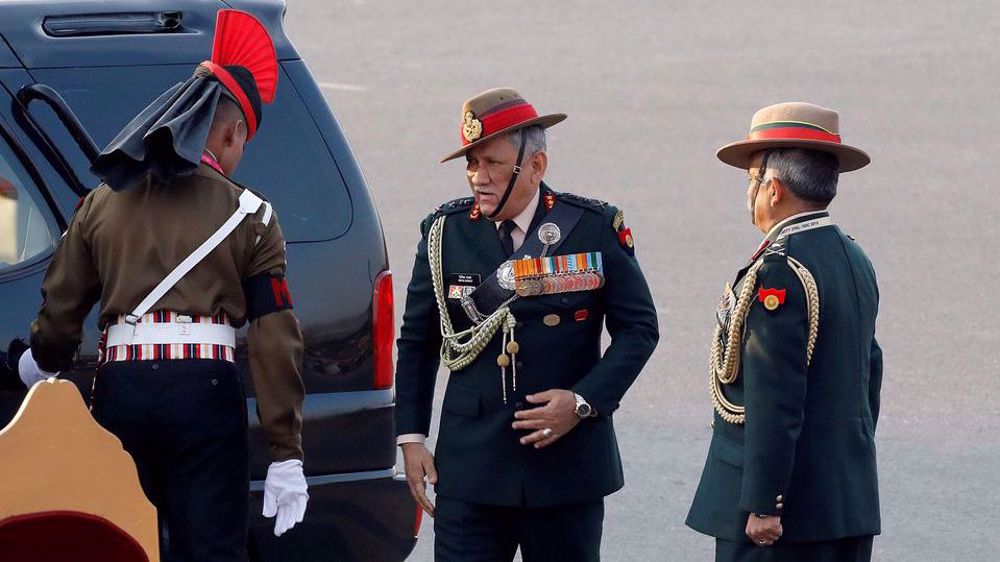
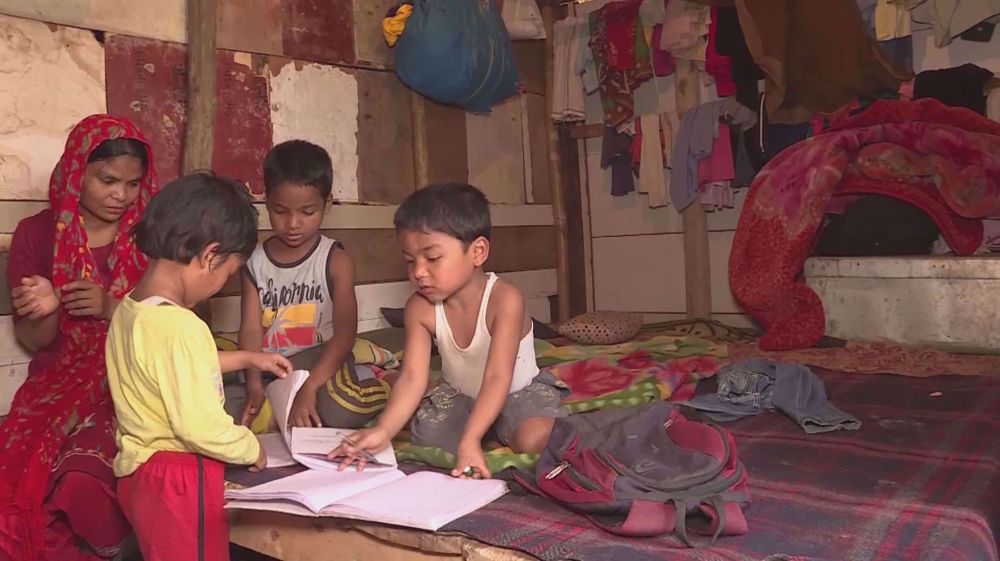
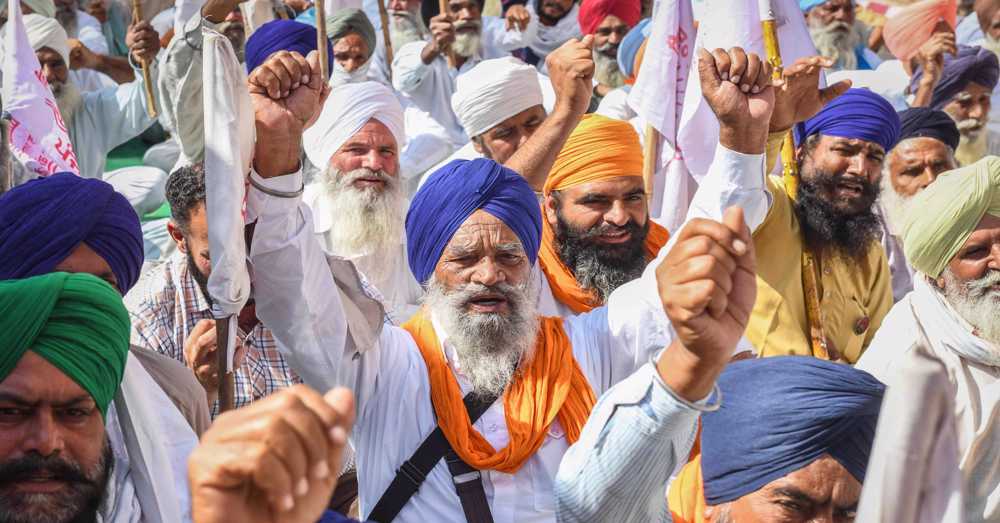

 This makes it easy to access the Press TV website
This makes it easy to access the Press TV website